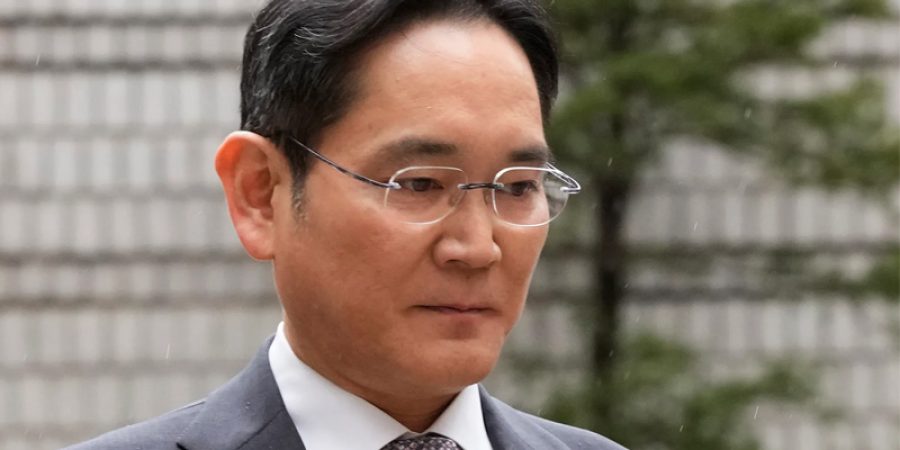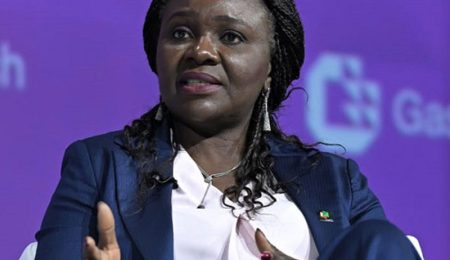South Korea’s Supreme Court on Thursday acquitted Samsung Electronics Chairman Jay Y. Lee of accounting fraud and stock manipulation, ending a long-running legal saga that had cast a shadow over the leadership of the country’s largest conglomerate.
The ruling upheld a previous decision by the appeals court, which dismissed all charges against Lee in connection to an $8 billion merger between Samsung C&T and Cheil Industries in 2015. Prosecutors had alleged the deal was orchestrated to solidify Lee’s control over the tech giant following his father’s incapacitation in 2014.
The verdict permanently removes a significant legal risk for Lee and allows him to fully focus on Samsung’s ambitions in the competitive global race to develop advanced artificial intelligence chips.
“The Supreme Court ruling clears a layer of legal uncertainty, which could be a long-term positive for Samsung,” said Ryu Young-ho, senior analyst at NH Investment & Securities.
“It remains to be seen how directly and proactively he will engage going forward, but if the owner takes a more active role, it could allow management to focus more on long-term initiatives rather than short-term results,” Ryu added.
Following the ruling, shares of Samsung Electronics closed 3.1% higher, outperforming the broader KOSPI index, which ended nearly flat. Analysts attributed the share price surge to the resolution of legal uncertainties as well as a shift in investor sentiment after Goldman Sachs downgraded Samsung’s local rival SK Hynix, leading to a 9.5% fall in Hynix’s stock.
The Supreme Court’s decision was widely expected but arrives at a pivotal moment for Lee, who has faced growing scrutiny over his leadership as Samsung aims to maintain its edge as the world’s top memory chip producer and the second-largest smartphone maker.
Samsung’s legal team expressed gratitude to the court, stating, “We are sincerely grateful for the court’s decision,” and emphasised that the ruling confirms the legality of the 2015 merger.
Lee has spent nearly a decade entangled in legal battles, many stemming from the merger that helped pave the way for his succession following the incapacitation of his father, Lee Kun-hee, who suffered a heart attack in 2014 and remained in a coma until his death in 2020.
Faridah Abdulkadiri
Follow us on:



